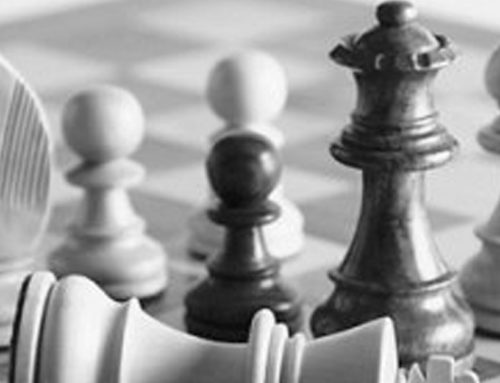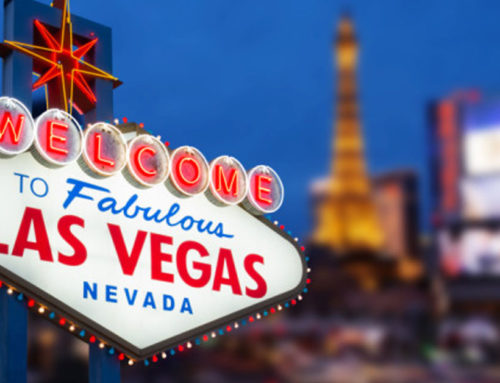I recently did a workshop for women who had been through domestic violence. The second portion of the workshop I started with a statement. I told them that I was going to share with them the single most powerful word in the english language. That this word had the power to change their lives. I also told them that this word was one of the most misunderstood, misused and misaligned words in the english language. I encouraged them to keep an open heart when they heard it. To not go to a place of forget this I’m shutting down or to the place of “I’ve been there and done that’!. I then shared the word… forgive.
Many people make the word forgive synonymous with the word condone. Forgive means to cease bitterness or resentment. The word condone means to trivialize or make minimal. They mean very different things. Obviously, if we think that forgive means condone we will never want to do that. For those that recognize it’s meaning of ceasing resentment, they often misunderstand how layered and specific effective forgiveness truly is. A blanket “I forgive (insert name)” for a parent that abused someone for 18 years, isn’t enough.
Forgiveness does not need (and for safety often should not) involve the person who did the hurting. That can come as a surprise. Why wouldn’t it involve the person who committed the painful event or did the hurting? Why shouldn’t they be involved? The answer to those questions is two fold, one it is because forgiveness is about our own heart. It is ceasing resentment. It is letting go of the poison that is inside so that we won’t hurt anymore. When we communicate forgiveness to someone who does not want to hear that they’ve hurt us we are merely starting a fight and putting ourselves in the position to be hurt all over again.
The other answer is simply that we don’t have the power to let someone off the hook. For years I held on to unforgiveness because I believed that by doing so I was maintaining some kind of control over the person who hurt me. I was abused as a child. By many people in many ways. Staying angry and not forgiving to me meant that they were being punished. Yet, if we think about this it really doesn’t make sense. If my perpetrator was on trial before a jury and was acquitted for lack of evidence could I jump in and say “Wait! I haven’t forgiven him” so that the jury could then switch gears and decide on a lengthy sentence? Of course not. Conversely, if in the middle of the trial I jumped in to say, “I have forgiven him” would they stop the trial and immediately relinquish him from any punishment? No. Why not? Because I do not have the power to determine that person’s consequences. Which essentially means that forgiveness is about me letting go.
Which puts me in the drivers seat. It allows me to be empowered to say I’m not going to let what you did hurt me anymore. We get it so twisted in our society. We hang on because we think it gives us power when the truth is that anger that we are holding on to is the very thing that is poisoning our soul, our relationships, our lives and our present. It is the very thing that is making us weak. It is through forgiveness that we become powerful, present and alive.
Yet, it’s important to understand that the process includes honor. Honoring our hearts and relating to our feelings. It’s not a push through and be done. It’s a journey to self that involves a layered process to freedom. It is deciding to live in victory. I pray that you decide on a road map to the true you. And I pray that you decide to live in the present by the powerful word of forgive.






